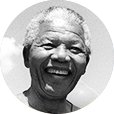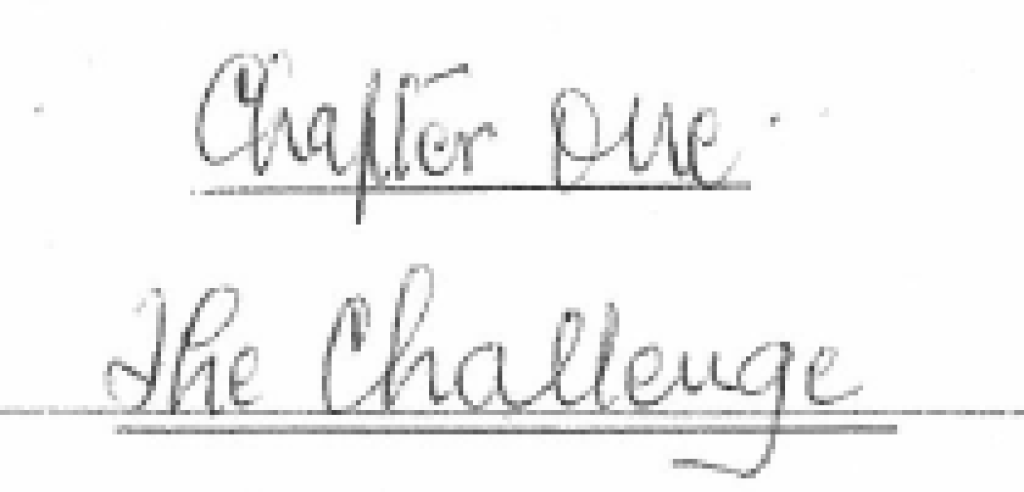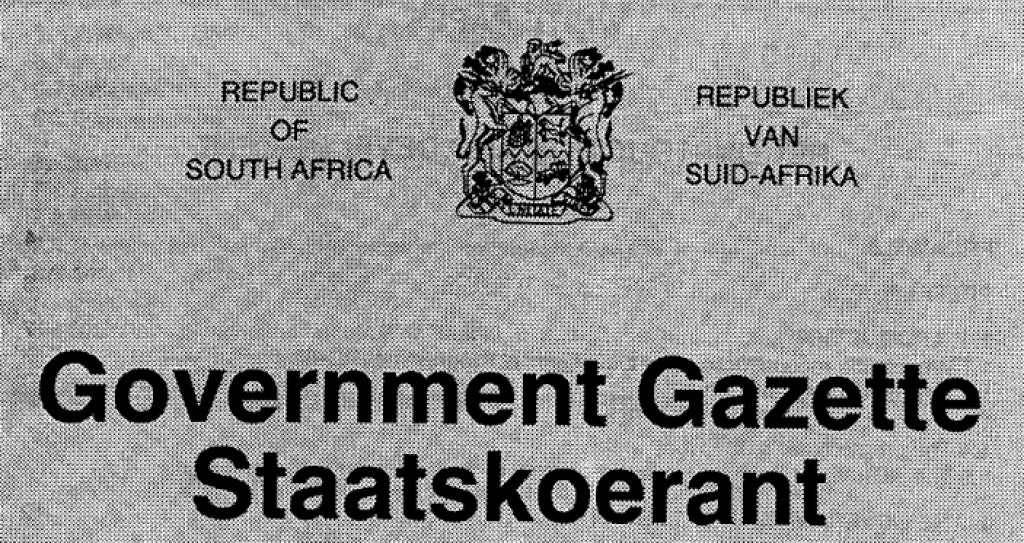In 1998 Mandela attended the formal launch of census results at the national office of Statistics South Africa. The census had been done in 1996, the earliest possible date after the 1994 election, given the need to integrate the separate statistical systems of apartheid. It was the first census to take stock of the whole country and all who lived in it, and the first to interview the millions of residents of informal settlements instead of estimating their numbers from aerial photographs. By the time the results had been processed and released, two years had passed and the government’s term of office was nearing its end. What the results said about South African society moved Mandela to add to the brief formalities of the occasion.
Many people have tried to assess the performance of my government and in doing so they at times use standards far more severe than they applied to the apartheid regime and its bantustan forgetting that there is a fundamental difference between the governments of this country that preceded 1994 and the present government.
Not a single individual can stand up and contest the claim that in the 346 years of white rule in this country no government delivered services such as we have done during the last four years unless one thinks in terms of a white minority of less than 14 per cent of the population. But if you think about the entire country there is no government which can compare with what we have achieved.
But the fundamental difference which ought to be taken into account is that [in] all previous governments, the incumbents were trained in governance. They were able to go to school, universities, technikons, and teacher training institutions and acquire knowledge, skills and expertise. So they are proficient because of that training.
What is more, you were dealing with a white minority where the environment at school is exactly the same as the environment at home because you have parents who had a high level of academic qualification and the child, when he or she comes back home, is able to get professional assistance from parents in an environment of relaxation knowing that I have got parents who love me. They ate well; they had ample accommodation where the child has a room and facilities for studying and concentration.
But what is the position with the blacks in this country, with Africans, Coloureds and Indians? In most cases they were excluded from schools, to say even less of tertiary education because you did not have the facilities, you could not go to the best schools in the country which are well equipped to enable you to grasp sophisticated concepts fully. And the environment between the school and the home was totally different. You come to parents, some of whom have never seen the inside of a school; housing facilities where about five children sharing one room, sleeping on the floor; where children have to study on the floor with candlelight….
Notwithstanding that difference nevertheless the media analysts judge us more severely than they judged the apartheid regime.
Our people went into exile in order to mobilise the international community to isolate South Africa, to make it a polecat of the world. Others went in and out of jail, operated underground, like the present Minister of Finance. Still others served long terms in jail. Suddenly you found on the 27th of April 1994 that we were now entrusted with the task of running an advanced country with modern ports and harbours, with a sophisticated banking and insurance system, with improved communications – either by road, by air and so on. We were taken literally from the bush in order to run this country and yet we have delivered services, which no government in the country has done. We ought to be complimented for that.
Naturally we have made many mistakes, some of them fundamental. Then we have shown weaknesses- we came to government determined to clean it of corruption and yet we found that our own members, some of them who held leading positions in the liberation movement, themselves became corrupt and in some cases, even more corrupt than the civil service of the apartheid regime. That was a great disappointment to us, still is, because we believe in clean government.
But the difference between the apartheid regime and ourselves is that we have set up a commission under a senior judge to investigate corruption in government and we have arrested a lot of people, some of them highly placed and exposed them because we have given instructions that anybody who is corrupt must be arrested and if there is evidence he must be convicted even if he belongs to the African National Congress. We must compliment Judge Heath for having investigated no less than 90 000, and for having recovered more than R10 billion which were embezzled by state employees. That is our position – transparency even about weaknesses amongst ourselves.
Nevertheless South Africa occupies a special place in the hearts of the international community. What we have done collectively has been hailed as the miracle of the world. We know who brought about these changes – it was the liberation movement, it was Azapo, it was the PAC, it was the African National Congress.
But we could not have made this peaceful transformation without the co-operation of other sections of the population, especially whites. If we had not asked for their co-operation, there would have been rivers of blood flowing across this country. But we were able to go to the government, as the African National Congress and say let us sit down and sort out our problems.
….. The leaders of this country when they go abroad are feted right and left. They are given rare honours, some of which have been only given to two people in history. That is not a compliment just to individuals, it is a compliment to the entire South Africa, black and white, because we have been able to confound the prophets of doom and had a peaceful transformation where everybody predicted that there will be violence which would last for years, if not centuries and we are honoured by the world because of that.
He appealed to those with resources and advantages derived from the past to put those to work in building the future
… Business for example. Ever since I came out of jail in 1990, I’ve gone round the country, the private sector to say to them, ‘our people in the countryside lack facilities. I want you to help, to build clinics and schools.’
The response has made me to say I was born and brought up in South Africa but I certainly did not know my country well. I never knew that white business would respond so positively – where everyone is prepared now to share his resources with those who are disadvantaged. This year alone, I have taken out no less than 30 different business people to the countryside, each one to build a clinic and a school and I have made it clear that I don’t just want walls and roofs. I want a clinic which is equipped with modern facilities which can link up with medical institutions throughout the country. I want schools which are properly equipped so that our children should be able to grasp these sophisticated concepts. The response of business is marvellous ... throughout the country: Northern Province, KwaZulu and almost all the provinces, Western Cape, the Northern Cape.
And this is what is happening and many people in this country who say they represent this particular community are not aware of what is happening in those communities. Those communities are forgetting the past and they do not want to be a part of the minority. And that is what I want to say: Refuse to be part of the minority; be part of the majority.
Make no mistake, no white rule will ever return to this country. And those parties who still want to foster the idea of whites keeping their privileges are living in a fool’s paradise. That will never happen again. The whites are already playing a critical role in the transformation in this country.
These were the defining themes of the challenge of socio-economic transformation: an enormous task; progress to celebrate; disappointing shortcomings; and the conviction that a national effort was both necessary and possible.
Four years before the census results were released, the ministers who had been sworn in the day after the inauguration had assembled in the evening as a Cabinet, without an agenda but with a mandate to change the country in ways that had been fleshed out in policy workshops, conferences and People’s Forums. The minutes of that meeting include just one matter of substance among issues of system and process:
’The President stressed the importance of the immediate and enthusiastic implementation of the Reconstruction and Development Programme and called on all members for their support’.510
In the wake of negotiations and an election campaign in which the ANC had won over all the main parties around the reconstruction and development programme, in broad outline if not in detail, Mandela was now bringing presidential authority to the task of turning the state into an instrument of radical change. The moment had been anticipated, as had the constraints that awaited the newly elected government.
Preparations to govern had been formalised, among other things in the document, ‘Ready to Govern : ANC Policy Guidelines for a Democratic South Africa’ adopted at a national policy conference 28-31 May 1992.

The policy document stated that it was necessary to dwell on the problems which would be faced by the first government which would be elected under a new democratic constitution. This would help create an understanding of the magnitude of tasks involved in transforming our country into one where everyone could enjoy a basic standard of living combined with peace and security. Problems would not be solved overnight and there would be no quick or easy solutions. The problems ran deep and the resources were limited.511

Ready to Govern set a framework for the Reconstruction and Development Programme which had a focus on socio-economic improvement and which, likewise, coupled ambitious goals with reminders that they depended on sustainable economic growth and macro-economic stability. Then there were the specific objectives in the ANC’s 1994 election manifesto, in some instances concrete targets for the first five years of democracy.
The constraints proved even sharper than foreseen. There was the constraint of an economic crisis the scale of which became even more apparent after the election. The weak and deteriorating state of the economy and the need for stability to turn it around, had played a big part in pointing the ANC to a strategy that led to a Government of National Unity rather than a protracted process of mass mobilisation and negotiations that would have proved costly even if successful.
Then there was the constraint of the state itself which was in no condition to implement programmes focused on improving the lives of especially the poor (see chapter 10). Fragmented on apartheid lines it had been effective only in serving minority white interests and suppressing the majority. It was artificially expanded by the logic of patronage, both in the dominant national government and in the subordinate administrations. Because its main function was to serve the needs of a small, stable and well-off public, it had little capacity for policy development. As ANC representatives serving in the Transitional Executive Council were surprised to find, the apartheid state had only weak mechanisms for financial oversight and control.512 Furthermore, national co-ordination and strategic direction had been done, mainly with security considerations in mind, by the National Security Management System which, as already noted, De Klerk had dismantled in 1989, leaving an even bigger vacuum at the centre.
Generations of systematic impoverishment and neglect embedded the legacy of deprivation and inequality deeply in the country’s geography and society. Tackling poverty and inequality would need both thoroughgoing transformation of the state and sustained growth and redistribution. That in turn called for a national effort to mobilise and focus the country’s resources. Six months after taking office, Mandela’s preamble to the White Paper on Reconstruction and Development signposted the path.

Our country is going through a profound transformation at all levels of government and society to ensure the implementation of the RDP.
At the heart of the Government of National Unity is a commitment to effectively address the problems of poverty and the gross inequality evident in almost all aspects of South African society. This can only be possible if the South African economy can be firmly placed on the path of high and sustainable growth.
The interdependence of the objectives of reconstruction and development on the one hand, and growth on the other is now widely accepted, not only within the Government and the Parliament, but indeed throughout South African society. Achieving these objectives will require a national effort from all groups, sectors and communities.….
This transformation will permeate every level of government, every department, and every public institution. The Government’s RDP activities therefore should not be seen as a new set of projects, but rather as a comprehensive redesign and reconstruction of existing activities. Growth and development are more than interdependent. They are mutually reinforcing. Addressing inequalities will expand markets at home, open markets abroad and create opportunities to promote representative ownership of the economy. The expansion of the South African economy will raise state revenues by expanding the tax base, rather than by permanently raising tax rates.
To succeed in both areas of endeavour the Government will need active partnership with civil society, and with business and labour in particular. While both business and Iabour have the freedom in a democratic South Africa to protect and promote their immediate interests, it is the Government’s fervent hope that they will jointly pursue the broader challenges of extending opportunity to the millions of adult South Africans who can currently find no place in the formal economy.

